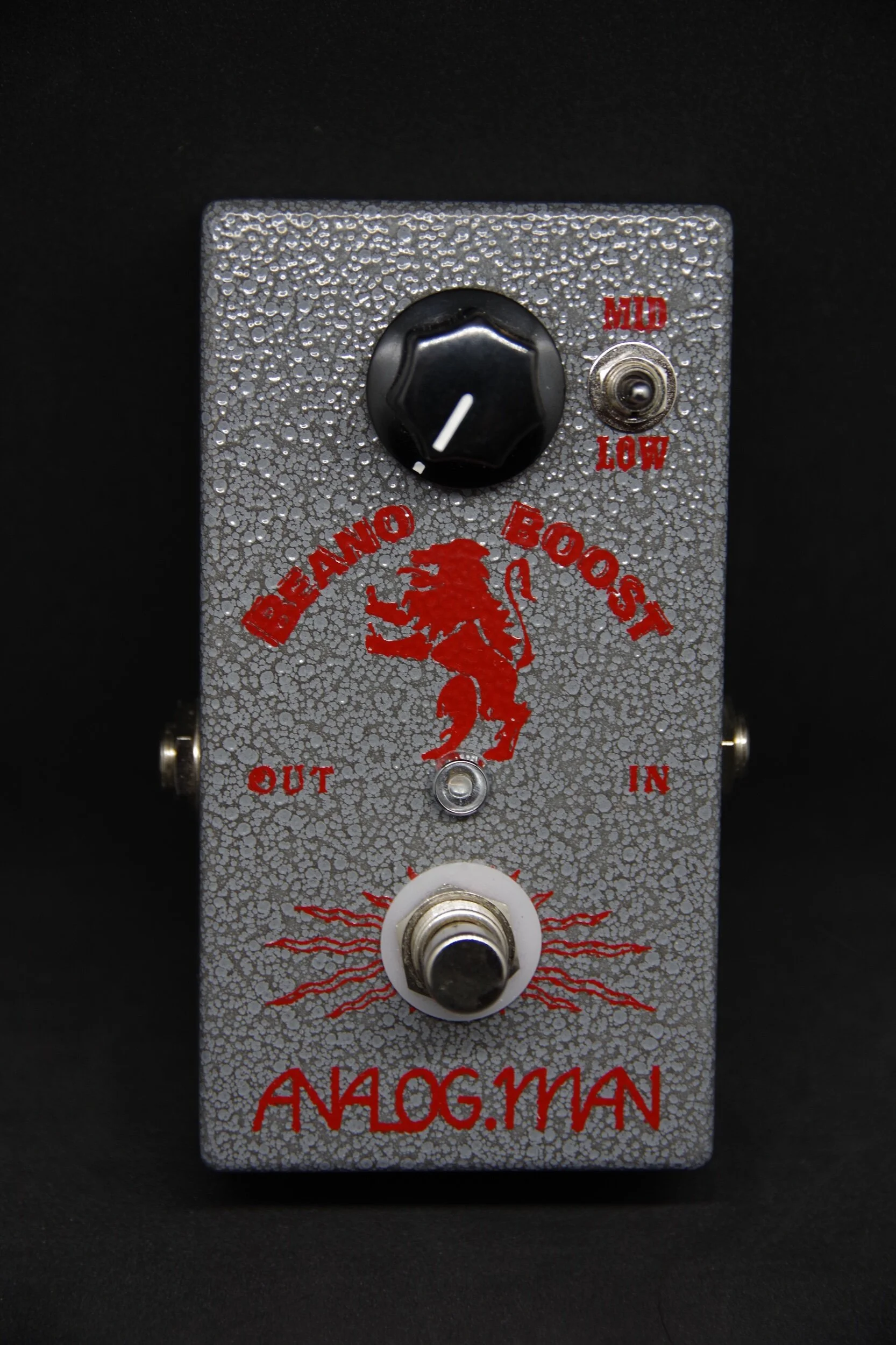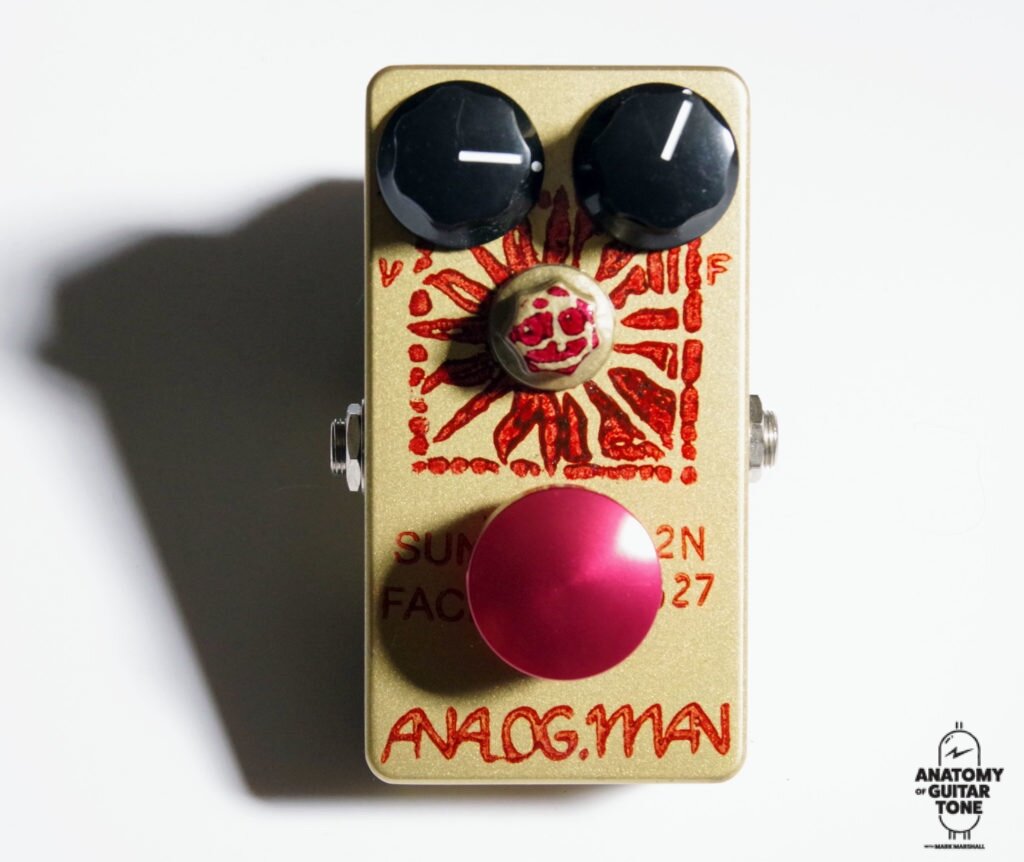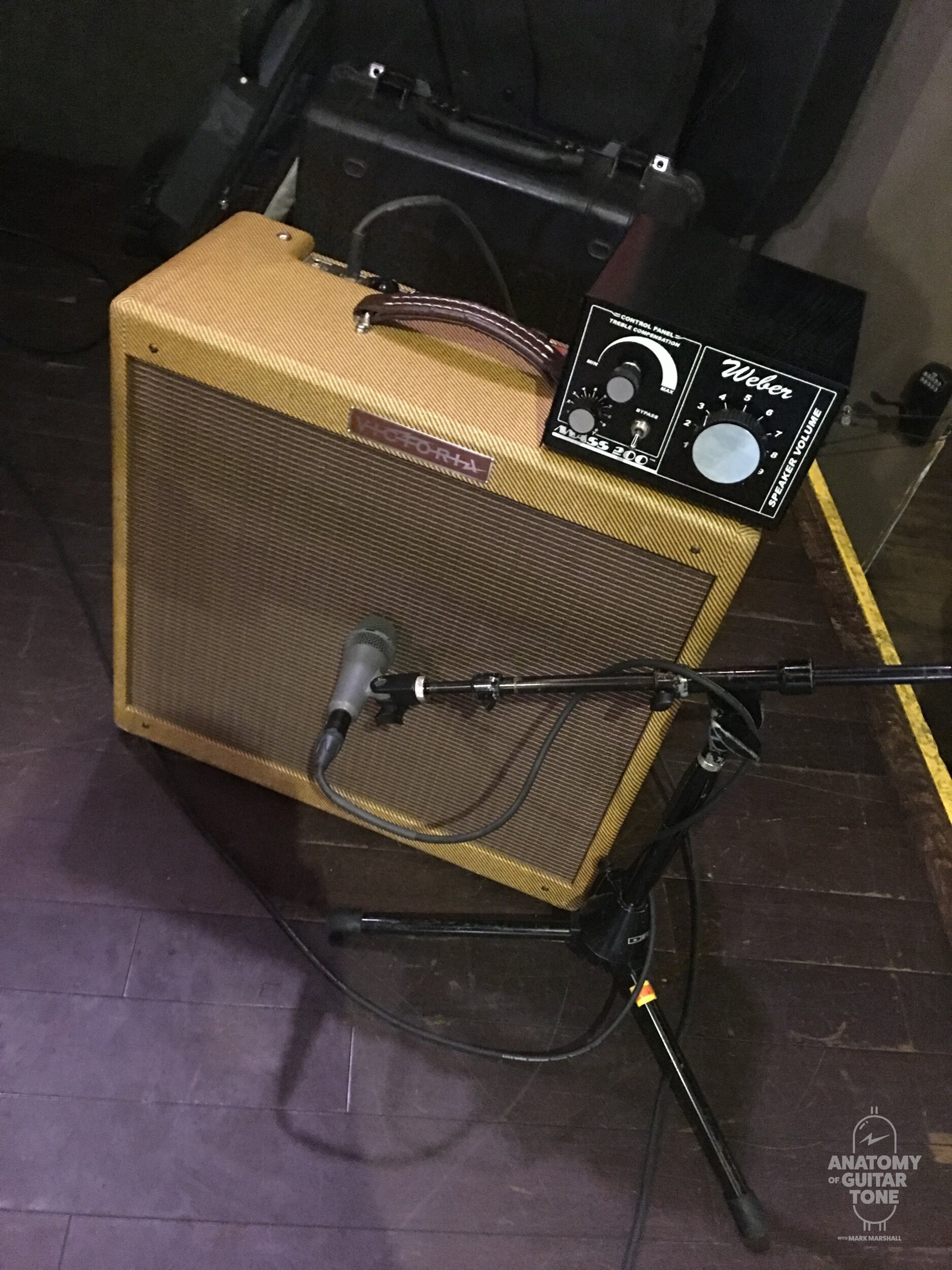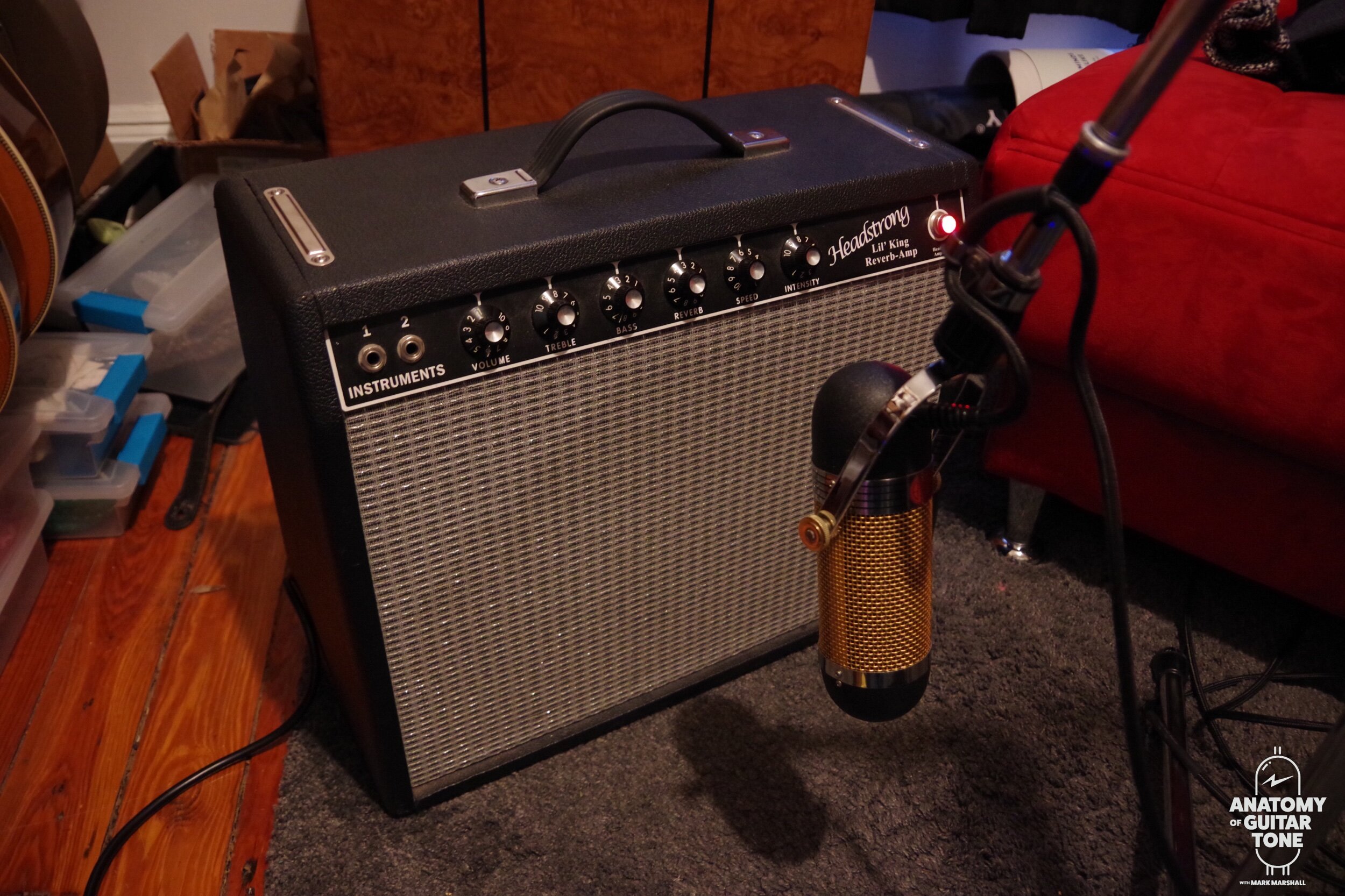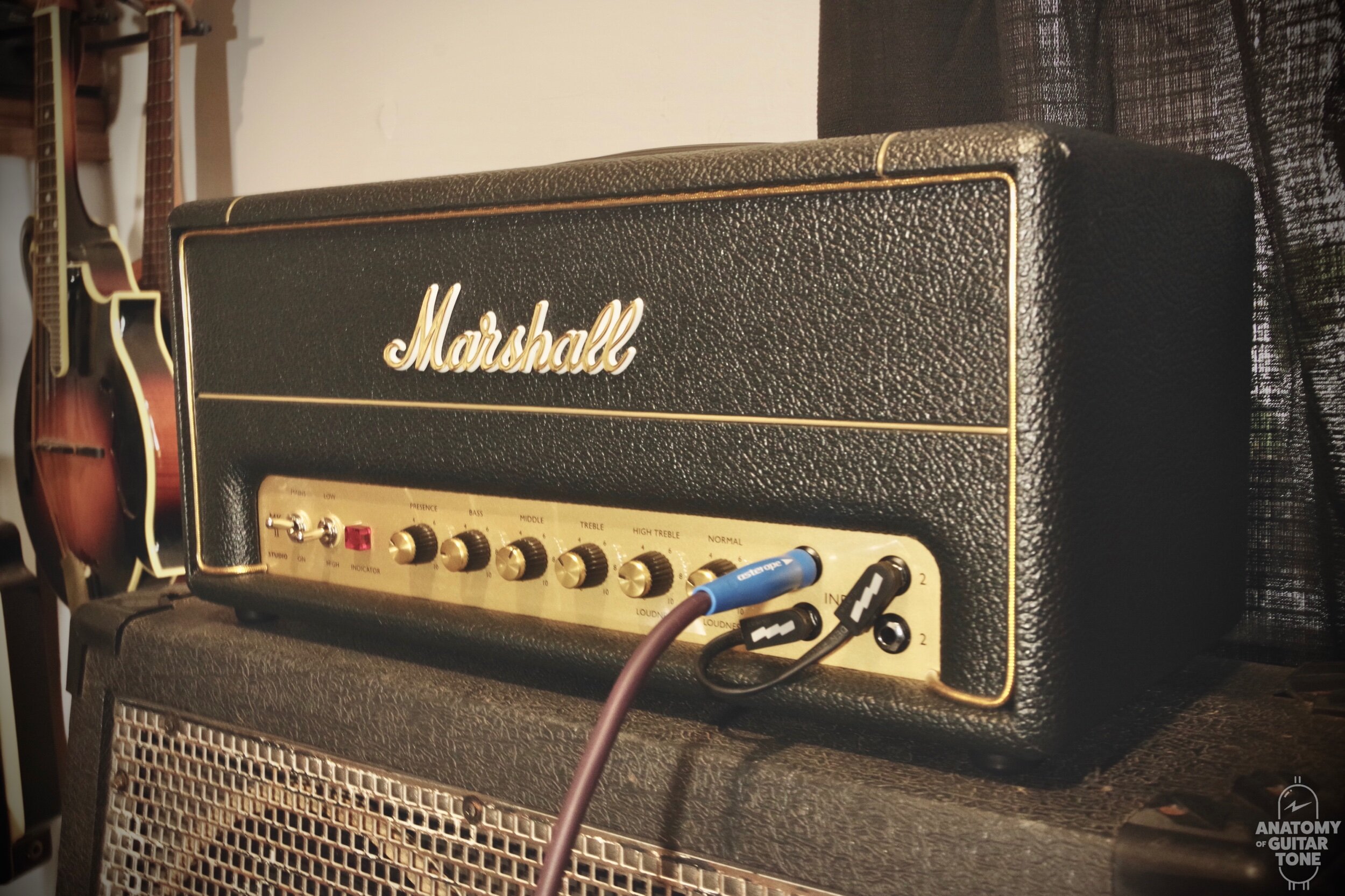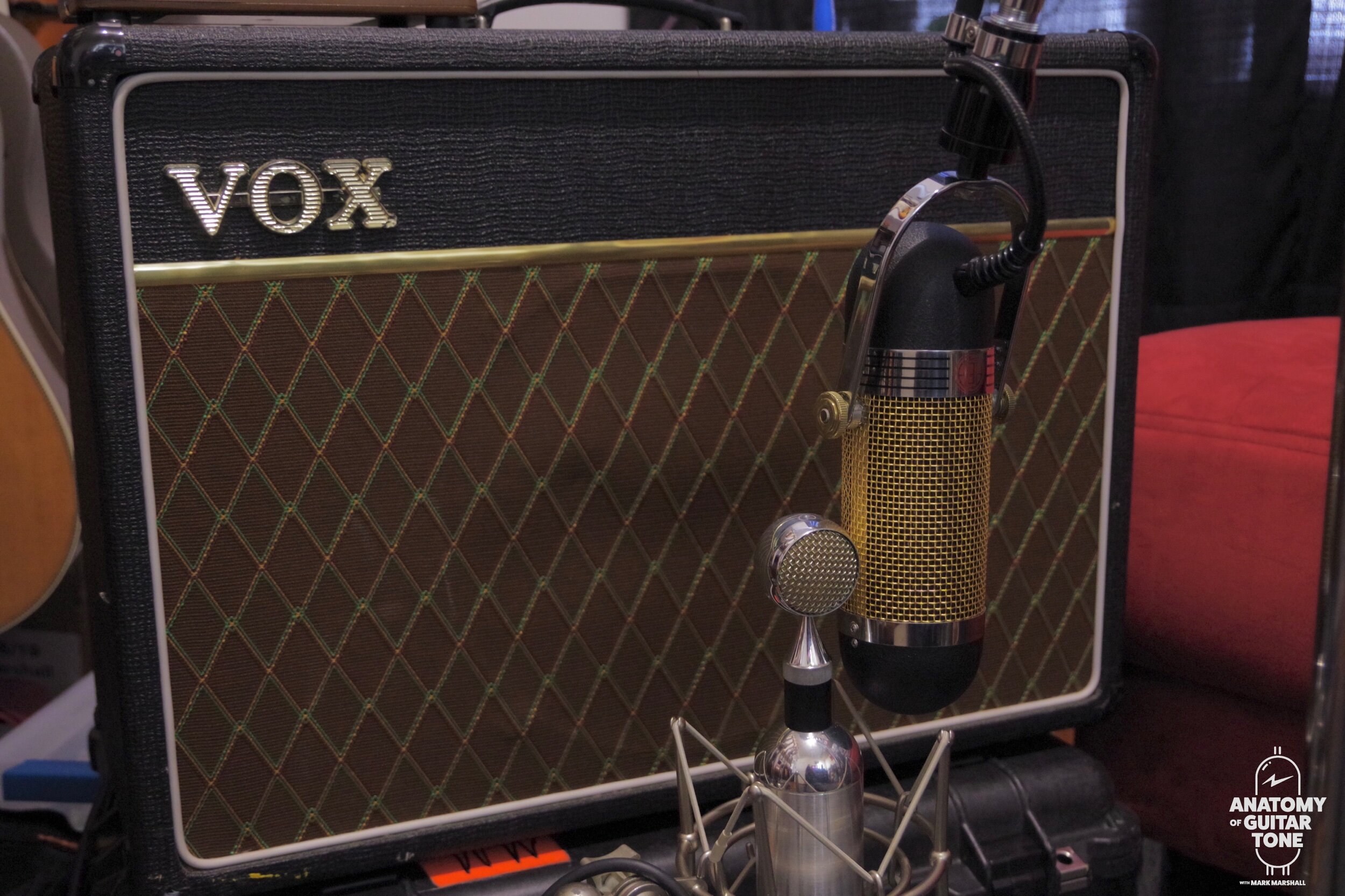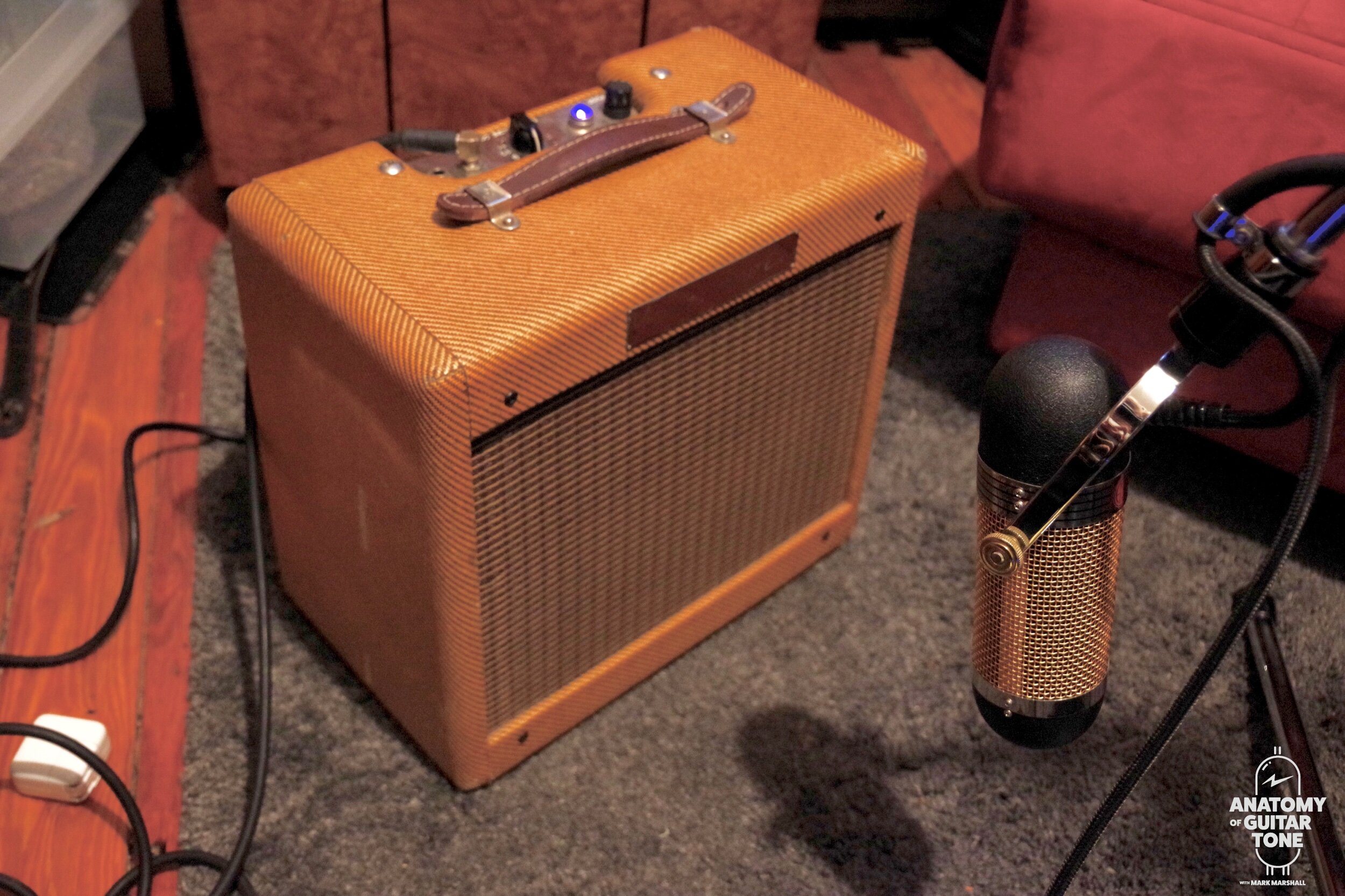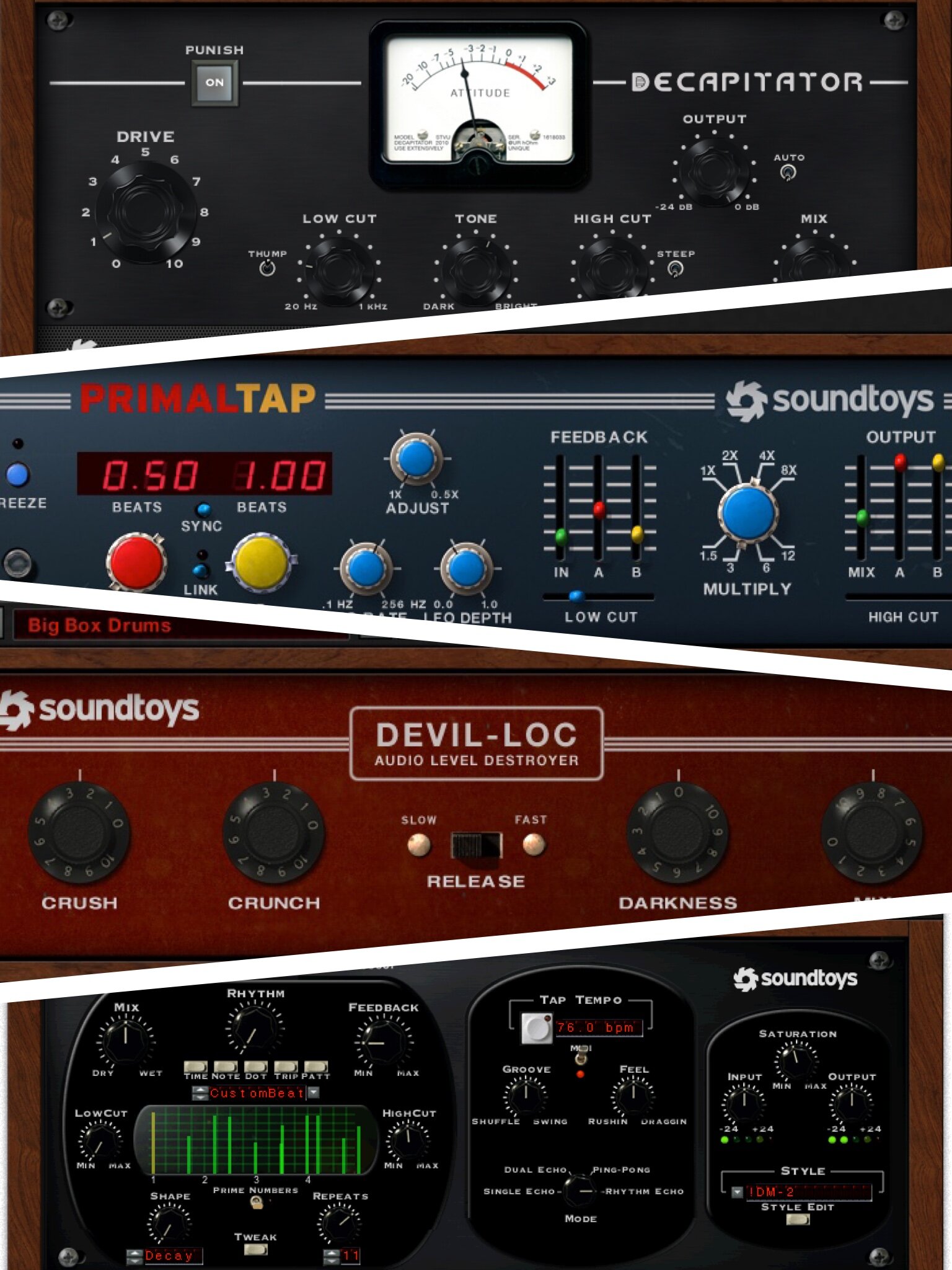The Myth of the Pedal Platform Amp
There is a new phrase being thrown around in the guitar community. I hear the term Pedal Platform amp a lot. I believe some of the pedal community are perpetuating this phrase. There seems to be a particular crew of pedal manufacturers that see pedals as being the core of their tone.
There isn't anything wrong with this per se. However, I will expect that many who go down this path will still be experiencing an anemic guitar tone.
Before I dig too deep into that, let's discuss what the belief behind a pedal platform amp is. I keep thinking if I repeat saying it, it will turn my stomach less, but it hasn't worked yet.
Pedal platform amps aren't a new thing; only the term is new. The secret is a high headroom clean amp, which has been available since the early 1960s.
The pedal platform concept is using a clean amp as a PA for your pedalboard. Some guitarists have been doing this since the 1970s. David Gilmore is an example of a guitarist who used a Hiwatt amp very clean and added gain with a Big Muff.
Beano Boost Treble Booster
His method was a bit more complicated than that, but you get the drift. The takeaway is he got all his gain from his pedal combination. Now, this isn't always a bad idea, but it gets oversold.
The promotion that pedalboards plugged into pedal platform amps sound better is misguided. There are a lot of ways you can combine pedals and amps. Using a clean high headroom amp is just one option.
For one, some of us like to use pedals to push the front end of our amps into overdrive with natural compression. Treble boosters were designed to push the amp harder and brighten up dark amps.
You can use a Fuzz Face with a Marshall Plexi for a similar method. A Fuzz Face will sound better into a driven amp then into a clean amp.
Can I have this dance?
There is a careful dance of gain staging when pairing your pedalboard with an amp. The higher headroom the amp, the less you can push it into saturation. For instance, if you try running a Rangemaster into a Twin Reverb, you will have quite a surprise.
Twin Reverbs are incredibly loud and clean. It's hard to get them to break up. Not at a volume that won't blow out your ears in most circumstances.
So for a guitarist that likes to push the front end of their amp, a Twin Reverb is rarely the right match. Yet, a Twin is often promoted as a pedal-friendly amp.
The Fender myth
A lot of "pedal platform" amps tend to be based on Fender circuits. There seems to be this implied notion that a 6L6 circuit is best for using pedalboards.
This idea is just ridiculous. Sure, it's best for some players, but others may prefer an EL84 amp.
Where does tone come from?
Your fingers, of course. But what about behind that? Disclaimer: for some players, a clean amp with pedals is a perfect pairing, and they get a great sound. But, it's a recipe. You won't read the recipe for peach cobbler if you're looking to make Eggs Benedict, would you?
There are so many pedals (maybe too many) on the market these days. I say that as a person who has shelves of pedals. I love them. But, I'm not delusional about where tone comes from for my style.
My favorite guitar tones are pre pedalboard era. Not necessarily pre guitar pedals. But, before pedalboards were the core of a guitarist's tone. Some of my favorite tones are Jimmy Page, Mick Ronson, The Beatles, and Muddy Waters, just to name a few.
Most of these guitarists got the bulk of their tone from the guitar and the amp. They may have used pedals, but the amp wasn't clean. Jimi Hendrix is an excellent example of a fuzz pedal into a dirty amp combination.
The drawback
For many guitarists, volume became an issue. Guitarists searched for ways to get a big sound at a lower volume. The path led to using pedals solely for gain and not cascading them with amp gain staging.
“I find the proposed theory that you can use a Marshall modeled pedal into a 6v6 amp to sound like a Plexi a bit ridiculous. ”
Although this can sometimes be an excellent sound for certain circumstances, it is my opinion that it doesn't sound as good as pairing pedals with an overdriven amp. And it is just an opinion.
I find the proposed theory that you can use a Marshall modeled pedal into a 6v6 amp to sound like a Plexi a bit ridiculous. Spoiler alert: it won't sound like a Marshall Plexi!
If you love the Plexi tone, there are other more fruitful paths to travel.
Field research
I would encourage guitarists to spend some time with very few pedals and an amp that can break up. Start by plugging straight into the amp and slowly turning the volume up. Listen to how the amp changes as the volume progress. Take note of how the feel of the amp changes as the volume increases.
“I would encourage guitarists to spend some time with very few pedals and an amp that can break up. ”
After you've spent some time thoroughly experimenting with amp saturation and compression, add in one pedal at a time.
For gain pedals such as fuzz, overdrive, and distortion, experiment with how much output you send to the amp. Listen to how it changes the tone and response of the amp as you raise the amp volume and pedal output. Using the output volume on a pedal to send more juice to your amp pushes the preamp tubes causing a different type of saturation.
Prep
When I'm picking a rig for a gig or session, I spend a lot of time deciding how I want my pedals to interacting with my amp. I don't see my amp as a PA for my pedalboard. My guitar, pedals, and amp interact.
“For gain pedals such as fuzz, overdrive, and distortion, experiment with how much output you send to the amp.”
Don't have the illusion I never plug into a clean amp. I do. I just don't see it as a "pedal platform" amp. I see it as an option.
Do guitar pedals sound best into a clean amp? No. Do they sound best into a dirty amp? No. You have to know the requirements of the gig or session to answer these questions.
Brian May's tone is very much tied to a treble booster and cranked Vox AC30. There isn't anything clean about his full out tone.
The trick in your pocket
I've had guitarists come to me inquiring why their tone is thin. Often I find a few similar traits.
For one: they're running their gain pedals below unity gain. Gain pedals sound best slightly above unity gain. Meaning you have to kiss the amp with a dB or two when using an overdrive or distortion pedal. It surprises the difference it makes.
Secondly: they're using the wrong amp for their tone. Most often, it's a clean amp. These guitarists haven't matched with the right amp.
Calling the bluff
I read an article about pedal platform amps that stated you wouldn't want characteristics in an amp like saturation, hyped frequency bands, or shimmery tones. I hate to trash talk, but this advice is ridiculous.
Does someone want to get into a time machine to tell Hendrix he should only plug his Fuzz Face into a clean amp? It looks like Led Zeppelin needs to recut their first album because that Tonebender MKII was hitting Jimmy's modded Supro hard.
The article also went on to mention some of these amps as affordable "pedal platform amps which included the Fender Blues Deluxe or Hot Rod Deluxe and Supro Neptune Reverb. These three amps happen to be some of my least favorite amps ever in production. I find the Fender Hot Rod Deluxe to have a very unfriendly high end. They're spikey and harsh. And I just can't roll with the new Supro line. Not the same amp as the vintage one.
If I were to make a list, I would encourage people to avoid all of the above mentioned amps.
I pair pedals with Marshall, Vox and Fender amps. I'm partial to vintage circuits. I have found individual pedals that match better with various amps. Some pedals work better with my Marshall SV20H Plexi. Others work better with my Tweed Victoria 35115 Pro.
Do more pedals pair with a Fender Hot Rod Deluxe then a Vox AC30? No! I'll take the AC30 every time.
The world is a stage
Before I have to yell at some kids to get off my lawn, I'll sum the article up with this: We have three major equipment stages of guitar tone. The guitar, the pedals, and the amp. No matter what guitar and pedals you use, you have to pair with the right amp, Which is why I have so many pedals.
“forget pedal platform amps and learn about guitar, pedal and amp pairings that work for the style of music you like to make”
I prefer the sound of a Proco Rat into a Vox. I prefer the tone of a Maestro FZ-1A into a Blackface Fender. I prefer the mood of a Tonebender MKII into a Marshall. It's always good to try pedals with your guitar and amp.
So, forget pedal platform amps and learn about guitar, pedal and amp pairings that work for the style of music you like to make. Spend some time to discover how you prefer to gain stage. And please can we erase the term pedal platform amp from our musical language?


